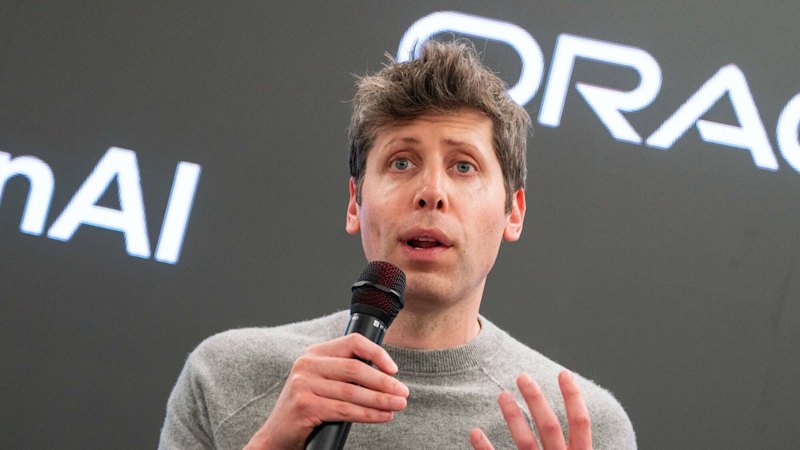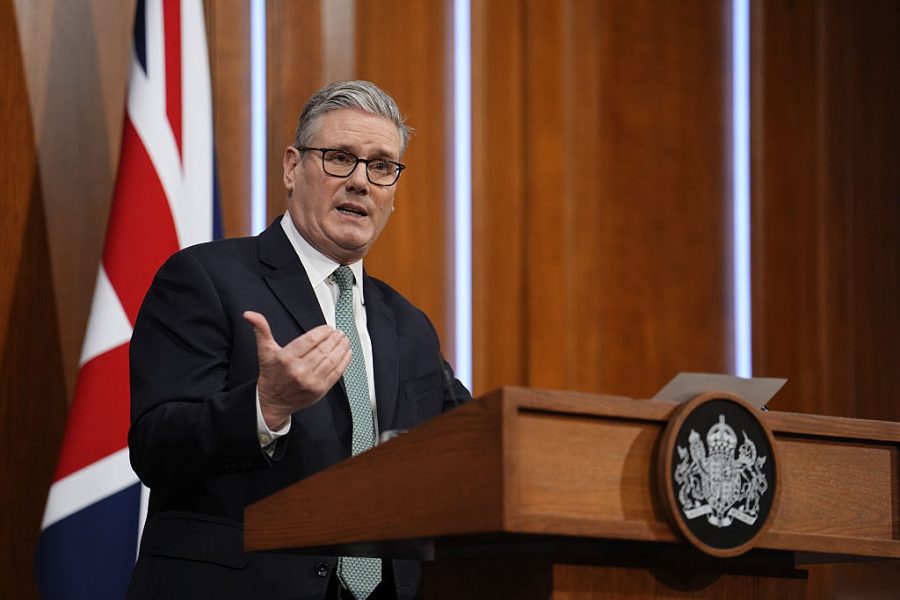
UPDATE: In a striking development, ten loss-making artificial intelligence start-ups have skyrocketed to a staggering $1 trillion in combined valuations over the past year. This unprecedented surge raises urgent concerns about a potential bubble that could impact the broader economy.
The rush to invest in AI technology has seen US venture capitalists pour $161 billion into the sector in just the first three quarters of 2023, accounting for two-thirds of their total investments, according to data from PitchBook. Major players like OpenAI, Anthropic, and xAI have led the charge, with smaller start-ups also witnessing explosive growth.
The bulk of this funding has gone to just ten AI firms, including Perplexity, Anysphere, and Scale AI, among others. Their valuations have soared, prompting investment experts to voice alarm. Hemant Taneja, CEO of venture capital firm General Catalyst, stated, “Of course there’s a bubble.”
Despite the excitement, analysts warn that the current investment frenzy mirrors earlier tech bubbles, like the dot-com crash of 2000. VCs are on track to invest over $200 billion in AI companies this year, dwarfing the $10.5 billion invested in internet companies during the early 2000s.
Many investors are driven by a fear of missing out (FOMO), with predictions that AI will unlock multiple new multitrillion-dollar markets. However, the current valuations are raising eyebrows. Start-ups with around $5 million in annual recurring revenue are seeking valuations exceeding $500 million, a stark contrast to historical norms.
“There will be casualties,” warned Marc Benioff, co-founder and CEO of Salesforce, which has heavily invested in AI. He estimates that up to $1 trillion of current investments might end up wasted, although he believes the technology could eventually generate tenfold returns.
As the race for dominance in AI intensifies, the influence of private start-ups like OpenAI on public markets grows. Recent alliances with chipmakers such as AMD and Nvidia have inflated stock values by hundreds of billions, but if these lossmaking start-ups falter, the repercussions could be severe.
The path to profitability for these AI ventures is expected to be long and arduous, especially as they compete with tech giants like Meta and Google. Sebastian Mallaby, an expert in venture capital, summarized the prevailing mindset: “If we have AGI, this will all be worth it; if we don’t, it won’t.”
Investors are watching closely as the landscape evolves. What happens next in the world of AI start-ups will not only shape the future of technology but could also have lasting implications for the entire economy. As this story develops, stay tuned for updates.




